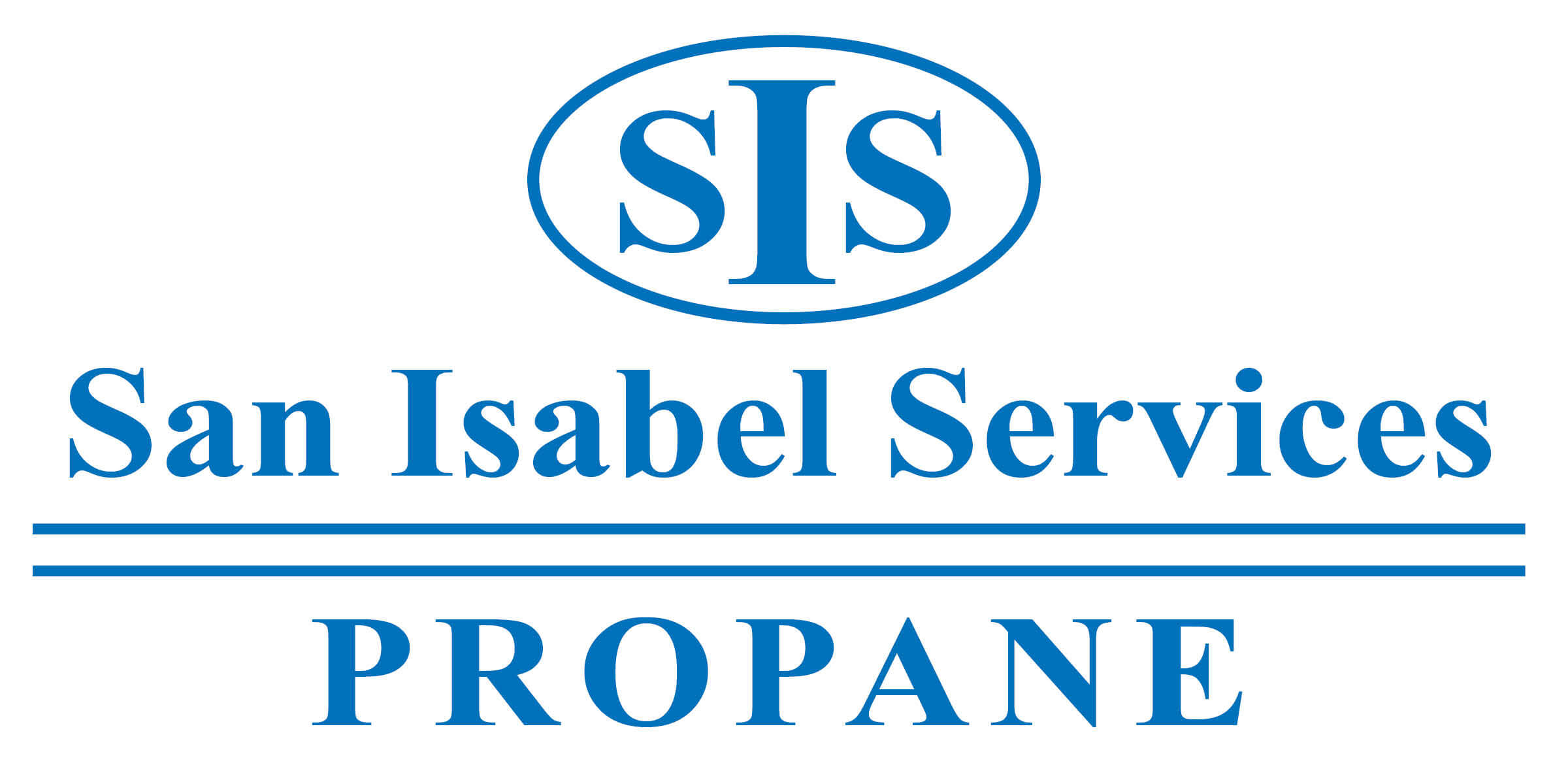HICKSGAS PROPANE AUTOGAS
CHOOSE LOWER COST-OF-OWNERSHIP!
In an effort to cut costs, shrink their environmental footprint and minimize air pollution, more and more businesses are choosing American, clean-burning propane as an auto fuel alternative for trucks, buses, taxis, and other fleets.
Hicksgas has been heavily involved in this effort for years. We can help plan the easiest, most efficient way to convert your business to propane power, so you can start realizing the economic and performance benefits sooner, than later!
THE PROPANE AUTOGAS CALCULATOR
Coming Soon!
REFUELING OPTIONS

USING A PRIVATE OR PUBLIC NETWORK
Small-budget fleets with limited space, or fleets needing more fueling locations along their routes can take advantage of this option with no infrastructure investment. Network refueling stations are accessible 24/7 through a card lock system.
If a network is not currently available in your area, Hicksgas may create one for your fleet, if it’s large enough. Alternatively, multiple fleets can team up to provide adequate load for installing a refueling network.
STANDARD PRIVATE STATION
Best for small fleets needing a central refueling location.
A 1,000- to 2,000-gallon tank and a single dispenser, which can support up to 25 vehicles.
OPTION 1 HICKSGAS OWNS INFRASTRUCTURE The fleet is responsible for site preparation: crash protection and electrical.
COST FOR FLEET
$1,500-$5,000
(SITE PREPARATION)
OPTION 2 FLEET OWNS INFRASTRUCTURE
The fleet will need to account for purchasing the propane tank, pump, motor, and dispenser.
COST FOR FLEET
$25,000-$50,000
(INFRASTRUCTURE)
+
$1,500-$5,000
(SITE PREPARATION)
ADVANCED PRIVATE STATION
Best for large fleets needing a central refueling location.
Larger tanks, a canopy, and multiple dispensers to support 25 vehicles or more.
OPTION 1 HICKSGAS OWNS INFRASTRUCTURE
The fleet is responsible for site preparation: crash protection and electrical for a two-dispenser setup.
$3,000-$7,500
(SITE PREPARATION)
OPTION 2 FLEET OWNS INFRASTRUCTURE
The fleet is responsible for the cost of a canopy, propane tank, pump, motor, and dispenser with card lock and vehicle tracking capability, which can vary based on the complexity of the station.
COST FOR FLEET
$25,000-$50,000
(INFRASTRUCTURE)
+
$1,500-$5,000
(SITE PREPARATION)
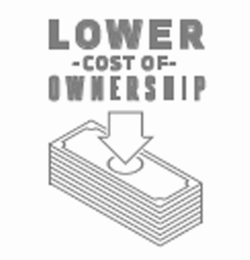
LOWER TOTAL COST-OF-OWNERSHIP
The costs of diesel add up quickly: expensive fuel, additional fluids, and pricey particulate filters. These costs are the reason propane autogas vehicles save money – from purchase to retirement of the asset.
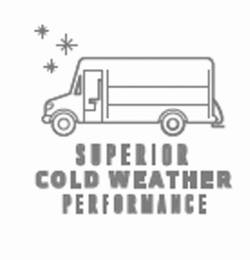
POWERFUL VEHICLES
Choose from a wide selection of OEM-supported vehicles that are EPA- and CARB-certified — without sacrificing horsepower, torque, and towing capacity.
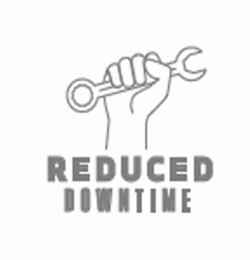
MORE UPTIME
With propane autogas, you can skip the downtime typically caused by diesel’s extra repairs and maintenance. Propane autogas vehicles also provide superior cold-weather performance compared with diesel.

AFFORDABLE, FLEXIBLE INFRASTRUCTURE
Choose private, on-site refueling scaled to meet the needs of your fleet, or take advantage of flexible public or private refueling networks.
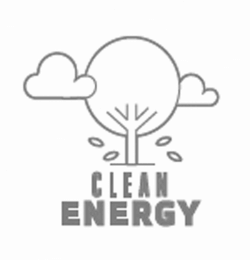
CLEAN, AMERICAN-MADE FUEL
By using propane autogas, your organization can reach its sustainability goals without additional, costly emissions technology. You’re also supporting our country’s economy — nearly 90 percent of propane supplies are produced in the U.S.
PROPANE VS DIESEL – SAVE ON THE 3 F’s
FUEL
The cost of wholesale propane falls between the price of oil and natural gas, the fuel’s two sources. As a Result, propane autogas is consistently less expensive than diesel, even as fuel prices fluctuate.
FLUIDS
New, lower-emissions diesel technology comes with the added cost of needing diesel emissions fluid to purchase, store, and change. This is on top of needing more oil by volume compared with propane autogas. In cold temperatures, diesel vehicles also require anti-gels to prevent clogging of fuel filters and lines. Propane autogas provides reliable performance without additional fluids.
FILTERS
To meet emissions requirements, new diesel technology requires diesel particulate filters that must be cleaned every 200,000 miles. Excessive idling will accelerate cleaning intervals. Either way, extra maintenance expenses are piled on top of additional upfront costs.
